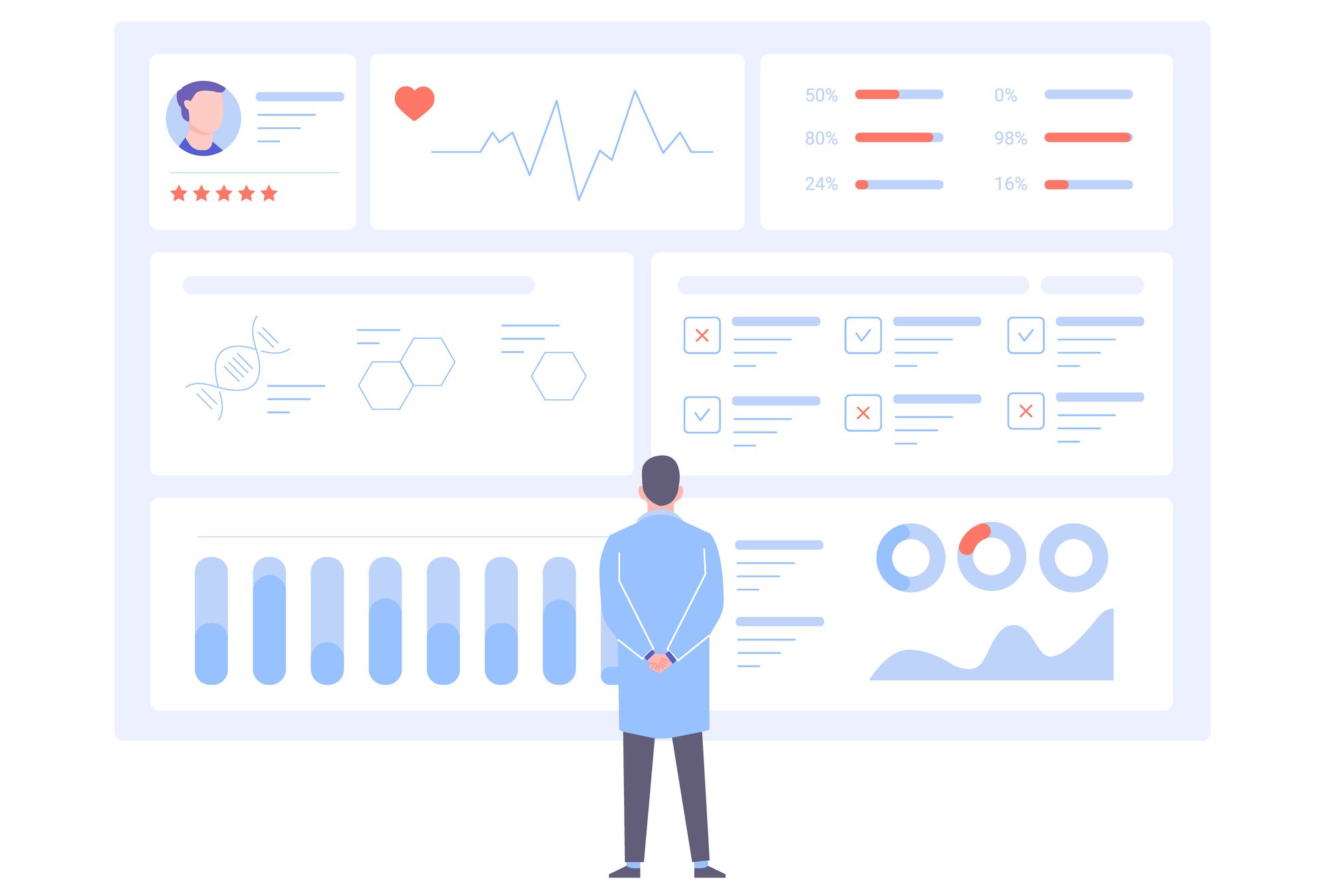In the U.K. these days, getting a doctor’s appointment requires sharing more personal data with private companies, with limited options for patients. Family doctors (known as GPs) are turning to third-party software to meet government-imposed appointment limits, leading to data-sharing with corporations. The NHS, once known for state-funded care, faces challenges due to underfunding, understaffing, and long waiting times, prompting the use of private companies for appointment management.
As the NHS faces privatization pressures, companies like Klinik and Econsult are increasingly used in GP clinics for virtual appointments. However, the shift towards tech-based solutions has raised concerns about data privacy and control. With the digitization of healthcare, patients in London, in particular, are inadvertently sharing personal information with third-party software providers to access basic healthcare services.
The increasing reliance on tech solutions in the NHS also raises questions about data security and transparency. While automation aims to streamline healthcare services, the trade-off for patients is giving up personal data to third-party platforms. Data from NHS clinics is now handled by intermediary software providers, raising accountability issues and potential risks of data misuse.
Additionally, the integration of data analytics companies like Palantir into NHS operations has sparked privacy concerns. The monetization potential of health data has attracted big corporations, raising fears of data exploitation. The growing dependence on private technologies in healthcare delivery highlights the delicate balance between patient care and data protection in the modern healthcare landscape.
Value of NHS Data

Concept illustration depicting health data
Image Credits: Nadezhda Fedrunova / Getty


